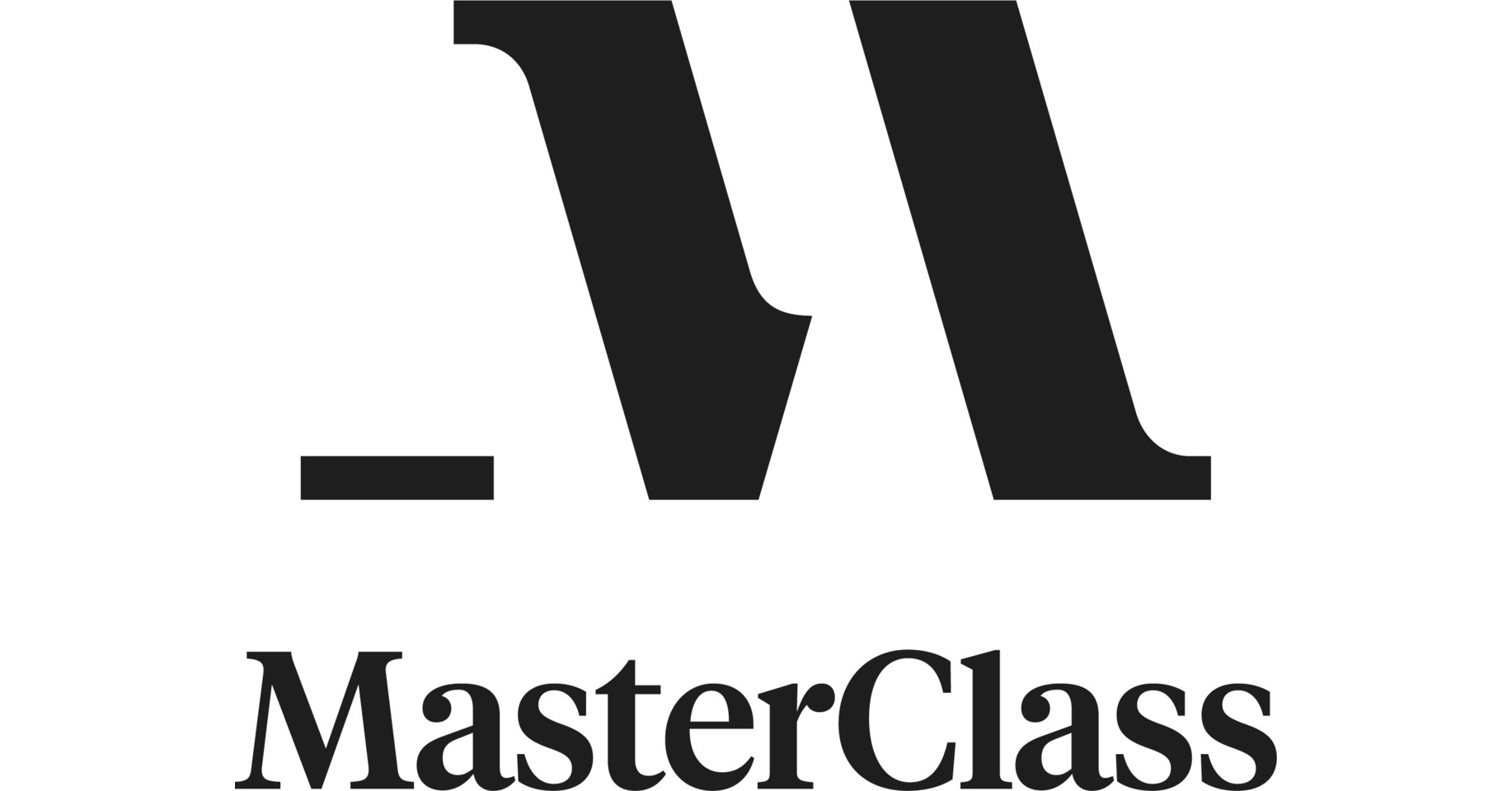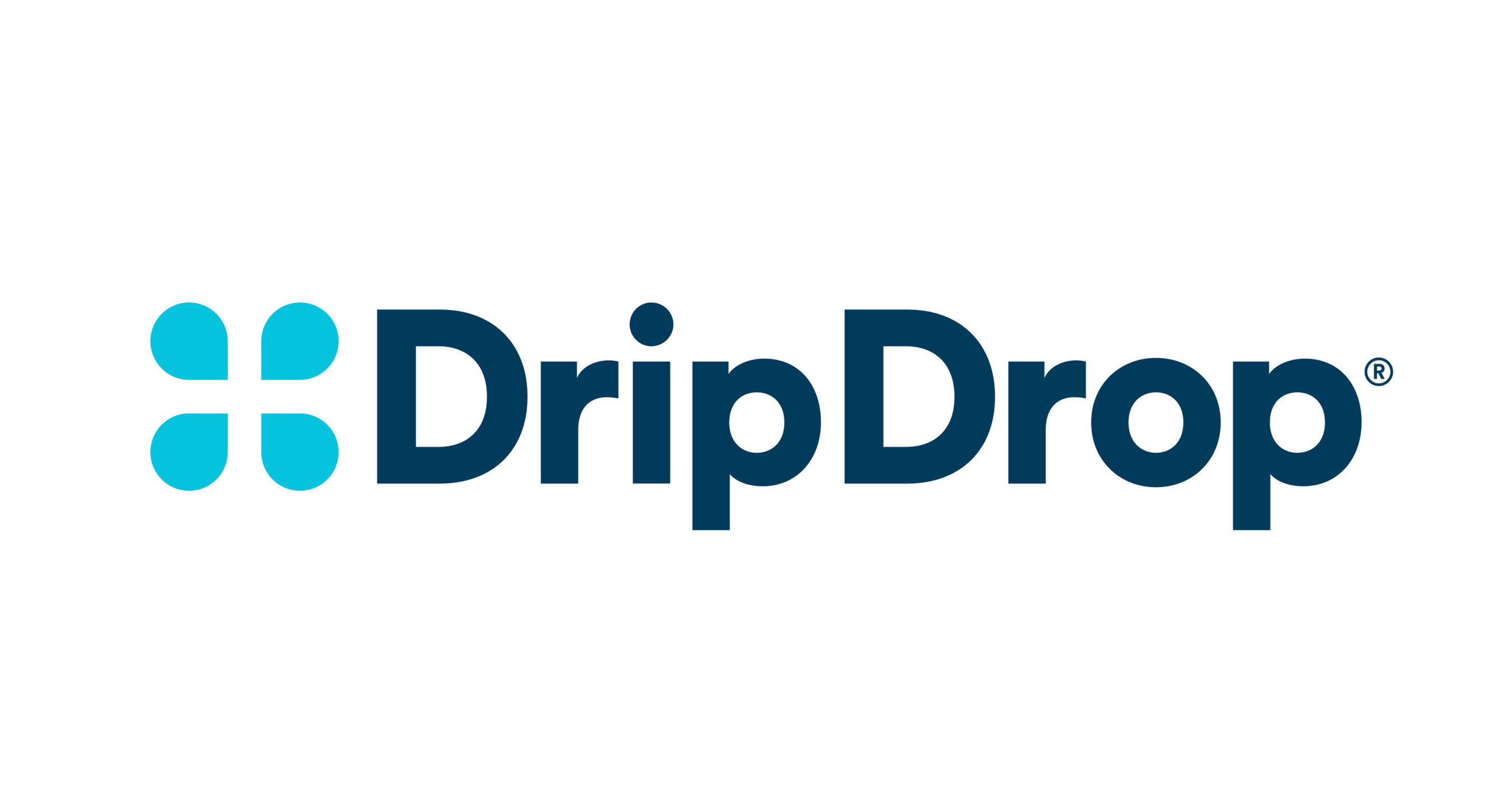- First patient dosed in study investigating roginolisib + dostarlimab +/- docetaxel in patients with NSCLC who have progressed on prior immunotherapy/chemo
- Study will evaluate safety of the combination and explore whether targeting PI3Kδ with immunotherapy may rebalance the immune system to prevent or reverse resistance to current standard immunotherapy/chemo in NSCLC
, /PRNewswire/ -- iOnctura, a clinical-stage biopharmaceutical company combating neglected and hard-to-treat cancers, today announces it has dosed the first patient in the randomized Phase I/II study investigating lead asset roginolisib in combination with dostarlimab with or without docetaxel, in patients with advanced non-small cell lung cancer (NSCLC).
NSCLC is the most common type of lung cancer. Lung cancer is the leading cause of cancer death globally, accounting for approximately 1 in 5 of all cancer deaths[1].
Anti-programmed death-ligand 1 (PD-L1) or anti-programmed cell death protein 1 (PD1) immunotherapy is a standard therapy for NSCLC patients with no actionable mutations in the first or second lines of therapy, with or without chemotherapy. However, treatment is often of limited duration as the cancer cells develop resistance to the treatment. Rebalancing the immune system via PI3Kδ inhibition is thought to re-invigorate anti-tumour immune cells and thus is a promising mechanism to overcome resistance to current immunotherapies[2].
Michele Maio, MD, PhD, Professor of Medical Oncology at the University of Siena and Director of the Center for Immuno-Oncology at the University Hospital of Siena (Italy), Primary Coordinating Investigator of the Phase I/II study said: 'There is a significant lack of treatment options for NSCLC patients who have progressed on immunotherapy and chemotherapy. We will be investigating whether the combination of roginolisib with dostarlimab and +/- chemotherapy can be given safely and may provide a novel treatment option in patients who no longer respond to their current treatment.'
Emerging clinical and translational biomarker data supports the hypothesis that combining roginolisib with an anti-PD-L1/PD1 agent, with or without docetaxel, may prevent or reverse drug resistance in NSCLC and may show synergistic anti-tumor immune activity without significant addition of toxicity. Firstly, the combination of anti-PD1 and roginolisib had an anti-tumor effect in vitro[3]. Secondly, ex vivo evaluation of NSCLC samples from patients responding and failing to immunotherapy showed that roginolisib rebalanced the composition of immune cells by inhibiting regulatory T-cells and enhancing CD8+ T cell killing cells3. Finally, roginolisib augmented the cytotoxicity of chemotherapy and immunotherapy3.
Dostarlimab is a PD-1-blocking antibody approved in the US in combination with chemotherapy for certain patients with endometrial cancer, as well as a single agent for certain patients with dMMR tumours that have progressed on or following prior treatment. It has also demonstrated clinical activity in combination with chemotherapy in NSCLC[4]. Under a supply agreement with iOnctura, GSK will supply dostarlimab for use in the trial. iOnctura will retain worldwide rights to roginolisib.
The Phase I/II open-label, randomized, parallel-arm PULMO-01 study (NCT06879717) will assess roginolisib in combination with dostarlimab, with or without docetaxel. The study will enrol approximately 45 patients who have progressed on standard-of-care immune checkpoint therapy. It will investigate the safety of the combination and the proportion of patients with a reduction in peripheral blood regulatory T cells in each arm.
Roginolisib is an allosteric modulator of PI3Kδ, widely recognized as a 'master switch' of cancer. Inhibition of PI3Kδ unleashes a multi-pronged anti-tumor and immune response to combat the tumor[5]. Roginolisib has demonstrated an unprecedented clinical profile in solid and liquid cancers[6], and is currently being investigated in a randomized Phase II clinical trial in uveal melanoma. A separate Phase I/II study in myelofibrosis is being initiated.
About iOnctura
iOnctura is a clinical-stage precision oncology company combating neglected and hard-to-treat cancers with a pipeline of first-in-class small molecules. The bold new treatments extend lives and improve healthspans, changing the outlook for patients and their families. Lead asset, roginolisib, is an allosteric modulator of PI3Kδ with a unique chemical structure and binding mode. Allosteric modulation is a new archetype for precise inhibition of PI3Kδ, promising clinical activity without the detrimental tolerability seen with previous generations of inhibitors. Roginolisib is being investigated in multiple randomized Phase II studies in solid and hematological malignancies. iOnctura BV is headquartered in Amsterdam, The Netherlands with its wholly owned Swiss subsidiary, iOnctura SA, located in Geneva, Switzerland. iOnctura is backed by specialist institutional investors including Syncona, M Ventures, Inkef Capital, EIC Fund, VI Partners, Schroders Capital and XGEN Venture.
About roginolisib
Roginolisib is an allosteric modulator of PI3Kδ with a unique chemical structure and binding mode. Allosteric modulation is a new archetype for precise inhibition of PI3Kδ, promising clinical activity without the detrimental tolerability seen with previous generations of inhibitors. The PI3K signaling pathway is one of the most commonly dysregulated pathways across multiple cancer types. The potential of roginolisib has been validated by positive clinical signals in Phase I in solid tumor and hematological malignancies, including a doubling of overall survival compared to historical controls in rare eye cancer, uveal melanoma. The company has carefully designed its clinical program to allow full development in uveal melanoma, while in parallel validating the program in larger market indications. The Phase II OCULE-01 study in uveal melanoma started in March 2025 and the Phase I/II PULMO-01 study in NSCLC started in May 2025. Further studies in other malignancies, including myelofibrosis, are being initiated.
[1] World Health Organisation, June 2023
[2] Exposito et al., Cancer Res (2023) 83 (15): 2513–2526
[3] Riganti et al., Poster Presentation, EACR 2023
[4] Lim et al., Nature Communications (2023) 14:7301
[5] AACR Volume 3, Issue 4, April 2023, Poster presentation, SITC 2022
[6] Poster presentation, ESMO-IO 2023
SOURCE iOnctura

WANT YOUR COMPANY'S NEWS FEATURED ON PRNEWSWIRE.COM?
![]()
440k+
Newsrooms &
Influencers
![]()
9k+
Digital Media
Outlets
![]()
270k+
Journalists
Opted In
.png)
 German (DE)
German (DE)  English (US)
English (US)  Spanish (ES)
Spanish (ES)  French (FR)
French (FR)  Hindi (IN)
Hindi (IN)  Italian (IT)
Italian (IT)  Russian (RU)
Russian (RU)  5 hours ago
4
5 hours ago
4









Comments